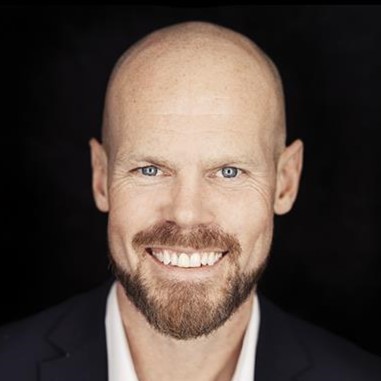Speaker Interview: Henrik Bernquist, Nexam Chemical
Please share some background on yourself and your company
I have been working at Nexam Chemical as a Business Manager for 4 years, where I hold global sales responsibility for our products sold to the recycling industry and converters using recycled materials. Nexam Chemical develops and supplies chemical additives and masterbatches that enhance the performance and sustainability of plastics, with a strong focus on solutions for the recycling industry.
How do the properties of plastic change during the recycling process?
Generally, the properties of recycled plastics are poorer due to degradation that occurs during the product's lifetime and also during the recycling process. The molecular weight is typically reduced, especially if exposed to many processing steps or multiple recycling loops, which results in lower viscosities and reduced mechanical performance. This imposes significant restrictions on the applications for which recycled materials can be used, consequently affecting the value of recycled plastics.
Can you define reactive recycling and explain its role in the wider recycling landscape?
Reactive recycling technology repairs recycled and deteriorated plastics by rebuilding the molecular weight of the polymer. This allows for a larger portion of recycled plastics to be used in new products or in more technically advanced applications. From a broader perspective, reactive recycling contributes to a more circular and sustainable use of plastics, thereby increasing the value of recycled materials.
Are all plastics currently compatible with reactive recycling technology? If not, why?
We have currently developed this technology and launched products for rPET, rPE, rPP, and most recently, rPA. These are all commonly used plastics for which a high rate of recycling is required to meet market demands and legislation. Nexam’s additives are specifically tailored to each plastic type. For example, an additive designed for recycled PET cannot be used in recycled polyethylene due to differences in polymer structure and chemistry.
What other innovations in the field of recyclate property restoration are you most excited about?
I welcome every innovation that increases the amount of recycled material being used and look forward to learning more about them.
Henrik Bernquist will be speaking on Day 1 at the Plastics Recycling World Expo Theater.
Conference Producer

Peter Hannan-Young has a BSc in Chemistry from the University of Reading, UK, and a Masters in Green Chemistry from Imperial College London, UK. He has previously worked for Sun Chemical developing
their UV-curing inkjet products but now works for AMI as a Conference Producer. He is interested in materials and is passionate about sustainability and likes to use his knowledge of both to drive environmentally-conscious development in industry.

